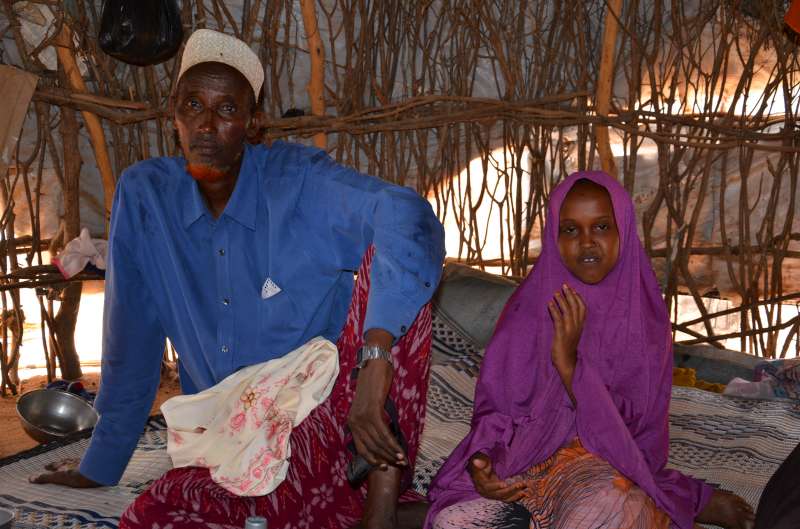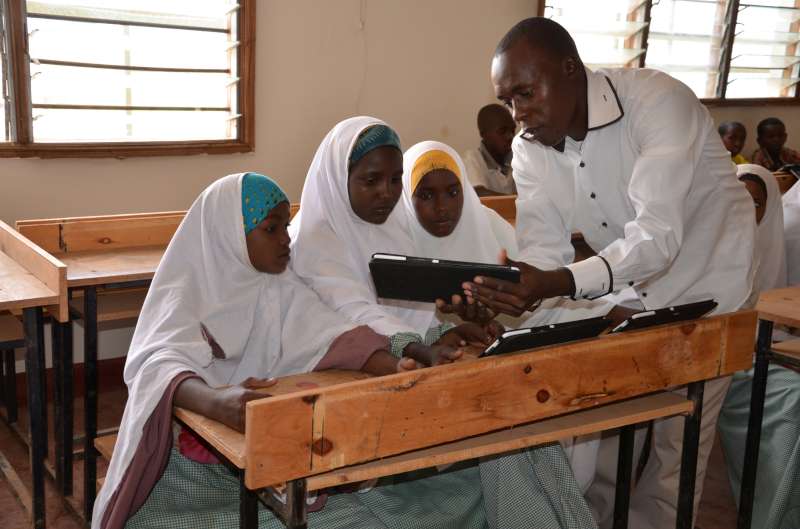NAIROBI, Kenya, November 21 (UNHCR) – The UN refugee agency has sought to allay the concerns of hundreds of thousands of refugees facing food ration cuts in northern Kenya and stressed that these are not linked to the repatriation of Somalis.
"We call for calm in camps. The reduction of food rations is purely
as a result of funding constraints and should not in any way be linked
to the planned pilot project that will support refugees spontaneously
returning to Somalia," Raouf Mazou, UNHCR's representative in Kenya,
said in Nairobi this week.
He also stressed that UNHCR and the World Food Programme (WFP) were
working together around the clock to resolve the food problem for a
total 490,000 refugees in Kakuma and Dadaab camps. "We did not expect
that we would reach this point but we are making frantic efforts with
our partners to secure additional funds," he said.
WFP on Friday said it was halving bimonthly food rations from now
until the end of January for refugees in Kakuma (mainly South Sudanese)
and Dadaab (mainly Somalis). The UN agency said this was because it
needed an extra US$38 million to ensure regular rations for the refugees
over the next six months.
The announcement came some six months after UNHCR and WFP announced
in July that some 800,000 refugees in Africa were on reduced rations
because of funding shortages. They asked donors for US$186 million to
allow WFP to restore full rations and prevent further cuts, and for
UNHCR to provide nutritional support.
Many of the refugees are concerned about the food cuts. "For some of
us who do not get any remittances from relatives abroad, it is tough to
raise children, even with the full monthly ration. I wonder how tough it
will be with cuts," said Hussein Farah, a father of 10 in Dagahaley,
one of Dadaab's refugee camps.
Others in Dadaab feared a link with the project to support
spontaneous returns to Somalia. In November last year, UNHCR and the
governments of Kenya and Somalia agreed on a legal framework for the
voluntary return of Somali refugees in Kenya. There is no deadline in
the agreement for the return of refugees and the implementation of
voluntary return has focused on the pilot project supporting refugees
who are spontaneously returning to Somalia.
By the end of October, 3,231 refugees had presented themselves at
help desks in Dadaab refugee camps and asked about return. Among these,
about 2,500 are targeted for return assistance.




















